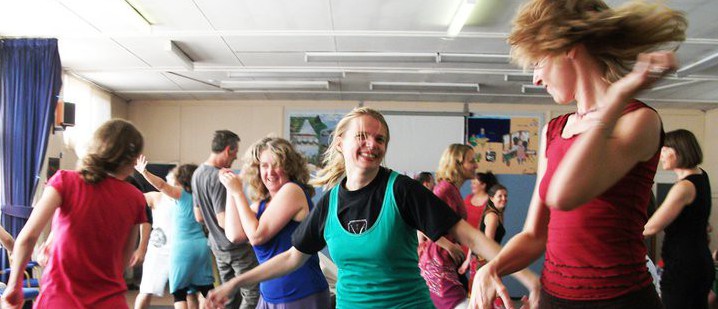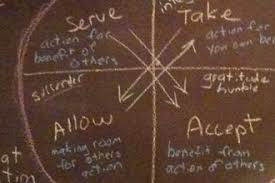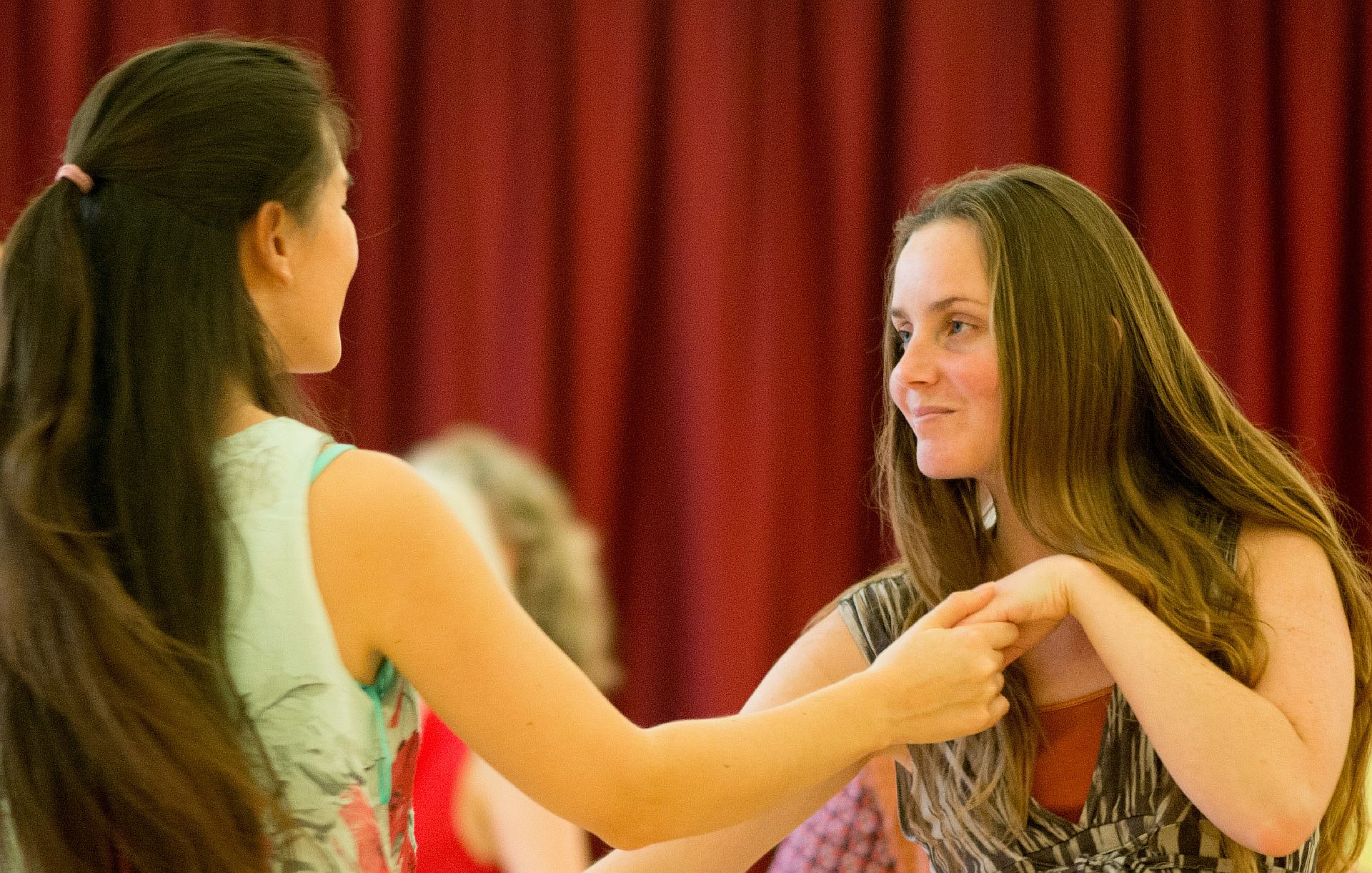Did you know that playful activity is not only fun, but has numerous benefits to us? Most children play naturally and it's how they learn many skills, such as healthy boundaries and human connection. As adults we may stop playing entirely, and we laugh much less than when we were young. Our culture tends to dismiss play for adults, deeming it a waste of time, or unnecessary. Neither of these are true! Play has many benefits for adults. Play equals regulation for our nervous system! Our nervous system is central to our brain, our hormonal system, our health, our capacity for human intimacy and our motivation for life.
In my last blog entry, Polyvagal theory - connection verses trauma, I describe how our nervous system is constantly giving feedback about safety or danger in our environment, and how trauma can affect how we perceive the world through changes to our senses such as hearing and vision. If you're not familiar with the three aspects of the nervous system you may like to go back and read that blog before this one. As a continuation to that theme, this blog addresses how we might support each other to feel more safe and in connection. This happens through the social engagement system part of the nervous system and co-regulation; mutually supportive interaction with another.
Just a few of the benefits of play
- stress relief: releases feel-good endorphins and lowers stress hormones such as cortisol.
- increased energy: play can mobilise us into movement and generates both vitality and youthfulness.
- stimulates the brain and creativity; humans learn better when playing and laughing (conversely stress and cortisol shrink the brain!)
- improves relationship and connection skills: increased cooperation, healing emotional wounds and learning new forms of communication.
- humour: enjoyable and can also bring a broader perspective on our outlook on life.
"Ritual Play" is a technique which offers a safe, consensual adult play space within a defined space and time. It can be offered in groups and organisations. It is also practiced as a client session. As a practitioner I began to participate and learn Ritual Play in 2016 alongside The Wheel of Consent. I have led group workshops for adults using Ritual Play and it has been a lot of fun. In 2019 I have been learning from Marina Kronkvist, the creator (www.ritual-play.com) and am now able to use the name in offering this modality in one to one client sessions as well as groups.
"I had the chance to participate in an individual Ritual Play session with Julia. Sharing my intention felt vulnerable as it was part of an enduring personal inquiry which seemed to be going nowhere. Connecting with my intention felt emotional and it was at first difficult to believe that someone would be willing to play with me around this topic. Not only did Julia join me in the Ritual Play session, She also gave me enough space and time to regulate myself prior to starting the Ritual Play game. She asked just the right questions and offered me the support that was needed for me in the moment. During the Ritual Play, I noticed Julia was tuning in into my game. Bringing herself in in an authentic manner but allowing me to follow my impulses which led me to experience what I intended. Even when the experience felt overwhelming at moments, I was always able to step out of the game and decide myself when I could re-enter. Julia would patiently hold the space for me. It truly was a healing experience for me. I felt safe and supported when playing out my intention".
- Dirk Hermans, Bodywise Leadership coach @Own Your Change.
My own personal experience of Ritual Play has deepened since the recent practitioner training, as both a participant and a practitioner. I now realise its' use not only for fun, sensuality and social connection, but how therapeutic and potentially healing it can be in supporting a broad range of human expression. This may range from tenderness to fierceness to eroticism. As a Tantric practitioner I see Ritual Play can be an alternative to Tantric massage. There are some both similarities and keys differences between Tantric massage and Ritual Play. Both engage in touch, breath, sound, sensuality, acceptance of emotion. A difference is Ritual Play invites the participant into two-way touch and engagement with their own innate response to interact with another; to reach out to life. Ritual Play, unlike Tantric massage, offers stepping into the mystery, as the two people may have an intension, but do not know exactly what's going to play out in the space.
Ritual Play is an invitation to explore through play
Here are a few examples of possibility:
- simply spontaneous play: from wrestling to sensual interaction.
- work with a particular feeling or emotion: eroticism, anger, tenderness, power, surrender... All non-verbal feelings and sounds are welcome.
- intension to play specific sense experience, for example vision. How we use our eyes in relationship has powerful affect on how we perceive and receive others.
- explore specific movement vocabulary: reaching, grasping, yielding, being held....
Any play which happens is within a safe consensual agreement within any noted boundaries between participants.
Coming back to the topic of the nervous system, we need each other for co-regulation to fine tune our social engagement system. We are social animals, whether we think so or not! Healing and change happens through the body. Play equals regulation for our nervous system! At a time when social isolation, depression and anxiety are on the rise, play, and specifically Ritual Play is a safe practice ground for feeling our innate desire and response to be in connection and to feel the full range of colours of the palette of what it is to be human, engaged and alive.





